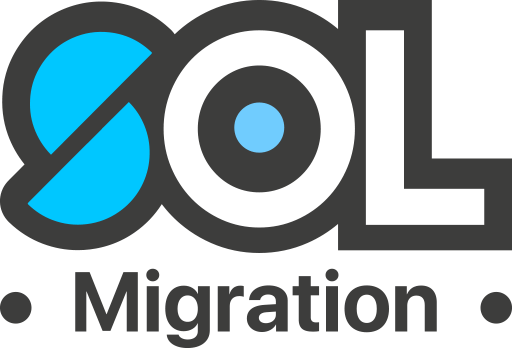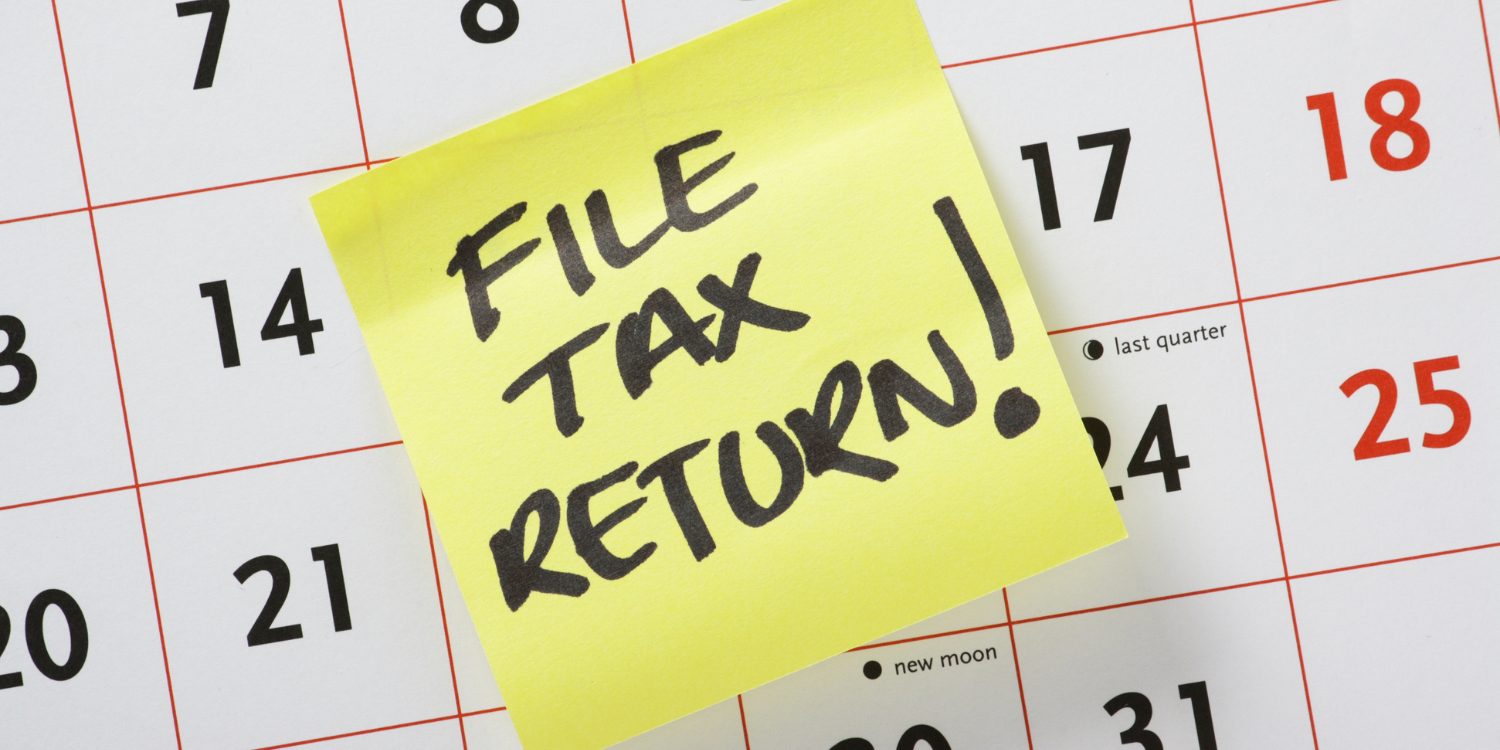Introduction
In Australia, all people who participate in labour market, regardless of full-time, part-time or casual, need to lodge tax returns after the end of financial year (30 June). It not only helps you stay compliant with Australian law, but also can help you get some of your money back.
In this guide, we’ll cover everything you need to know about lodging a tax return in Australia as an international student or worker.
Do International Students and Temporary Workers need to lodge a Tax Return?
If you have any income in Australia, you’re required to lodge a tax return at the end of the financial year. In Australia, the end of the financial year is on 30 June every year.
- For International Students: If you enrolled to study in Australia in a course that lasts for 6 months or more, you may be considered as an Australian resident for tax purposes. This means that you must declare all the income you have earned both in Australia and overseas for the financial year (01 July – 30 June).
- Temporary workers such as those on working holiday visas, graduate visas, or skilled visas also need to perform the tax return if eligible.
Generally, international students and temporary workers will need to lodge a return if:
- You earn more than the tax-free threshold (which is $18,200 for most residents, as of June 2025).
- Tax has been withheld from your earnings even if your total income is below the threshold.
- You are on a working holiday visa (special tax rules will apply).
- If you have investment income or earnings from freelance or contract work (ABN income), you are also required to lodge the tax return.
What should you know about Resident vs. Non-Resident for Tax Purposes?
To determine if you are a resident or non-resident for tax purposes will depend on your visa status and living circumstances, which is different from your immigration status.
- International students are usually considered residents for tax purposes if they are enrolled in a course that lasts more than 6 months and have been living in Australia continuously.
- Working holiday makers are typically considered non-residents and taxed at different rates (starting at 15% from the first dollar earned).
To determine if you are residents for tax purposes is very important because only Residents are eligible for the tax-free threshold and lower tax rates. In particular:
- If Residents for tax purposes have earned $18,200 or below per year, then there is no tax applied to them. This means that if any tax is withdrawn from your income, you can get it back by lodging the tax return.
- You can find more details about the tax rates for 2025-2026 in the table below:
| Taxable income | Tax on this income |
| 0 – $18,200 | No tax |
| $18,201 – $45,000 | 16c for each $1 over $18,200 |
| $45,001 – $135,000 | $4,288 plus 30c for each $1 over $45,000 |
| $135,001 – $190,000 | $31,288 plus 37c for each $1 over $135,000 |
| $190,001 and over | $51,638 plus 45c for each $1 over $190,000 |
How to Lodge a Tax Return?
There are two common ways to lodge your return:
- Online via myTax – The ATO’s free, secure online platform (via myGov). Most people can complete their tax return in under an hour.
- Through a registered tax agent – Especially useful if you have multiple income streams or need help with deductions.
What documents/information do you need to complete?
- A Tax File Number (TFN)
- Your payment summaries or income statements
- Details of deductible expenses
- Your bank account details for refunds
- Please be in mind that you may need to required Invoices or receipts for the tax deduction that you claim. It’s advisable that you keep copies of these receipts event after your lodgement.
What Can You Claim?
As an international student or worker, you may be eligible to claim tax deductions for expenses related to your income:
- Work-related expenses (uniforms, tools, telephones, internet, electricity, work-related facilities, travel between job sites…)
- Work-related self-education (books, courses if it directly relates to your job)
- Costs of managing tax affairs (e.g., tax agent fees)
- Donations to registered charities
Deadlines
- The standard deadline for lodging a tax return is 31 October.
- If you use a registered tax agent, you may have until May of the following year, but you must register with them by 31 October.
What Happens After Lodging?
Once you lodge your return, the ATO will process it—usually within 2 weeks for online submissions. If your tax is overpaid, you’ll receive a refund straight to your bank account.
If your tax is underpaid, the ATO will send you a notice of assessment with the amount owed and payment instructions.
Conclusion
It’s very important for international students and workers understand the tax return policy in Australia. Tax return lodgement not only helps you comply with Australian laws, but it also brings you the income withdrawn by tax (if any).
At SOL Edu, we support international students not just with admissions and visas, but also with understanding life in Australia. Please feel free to reach out if you have any questions.


